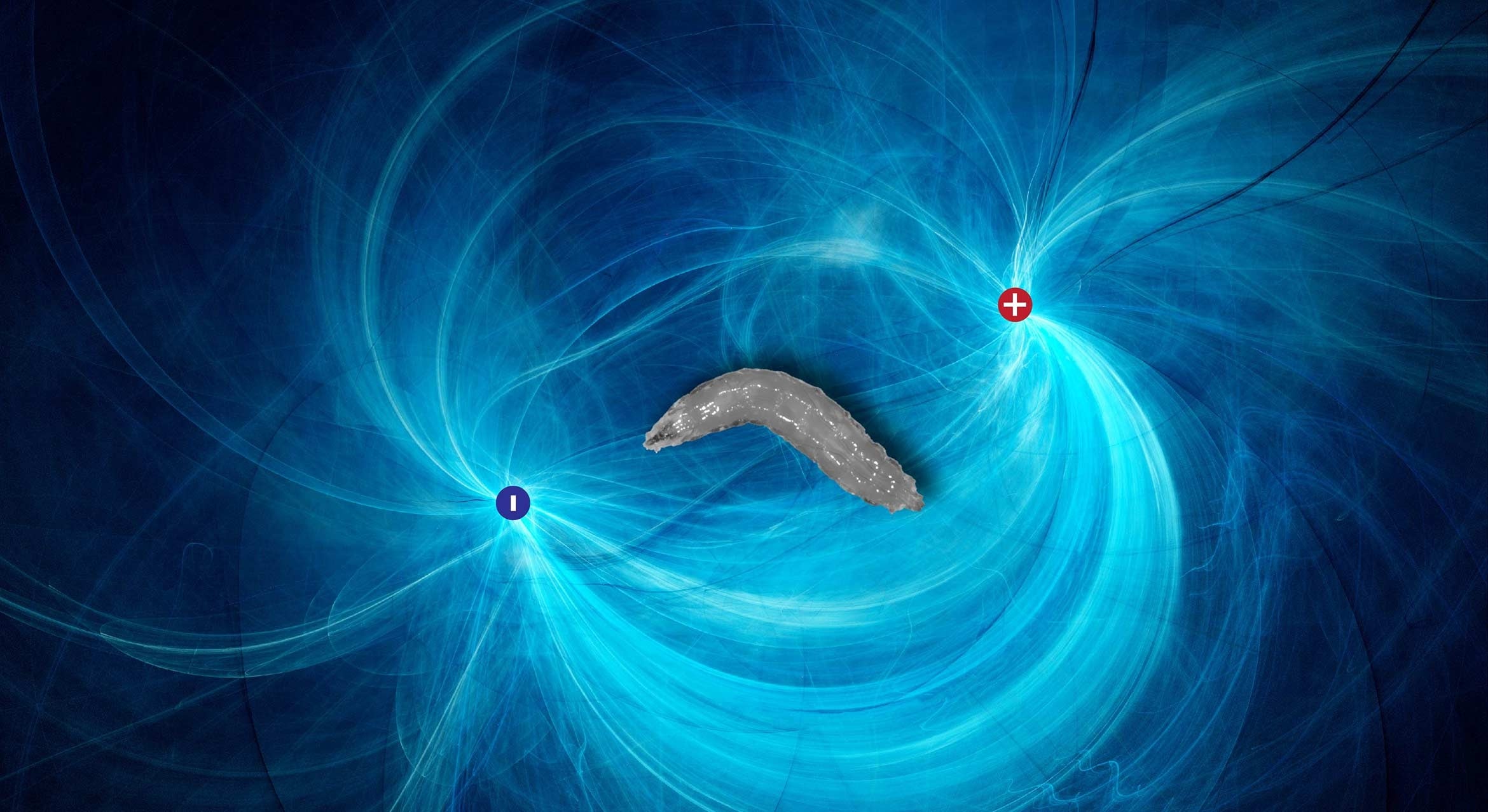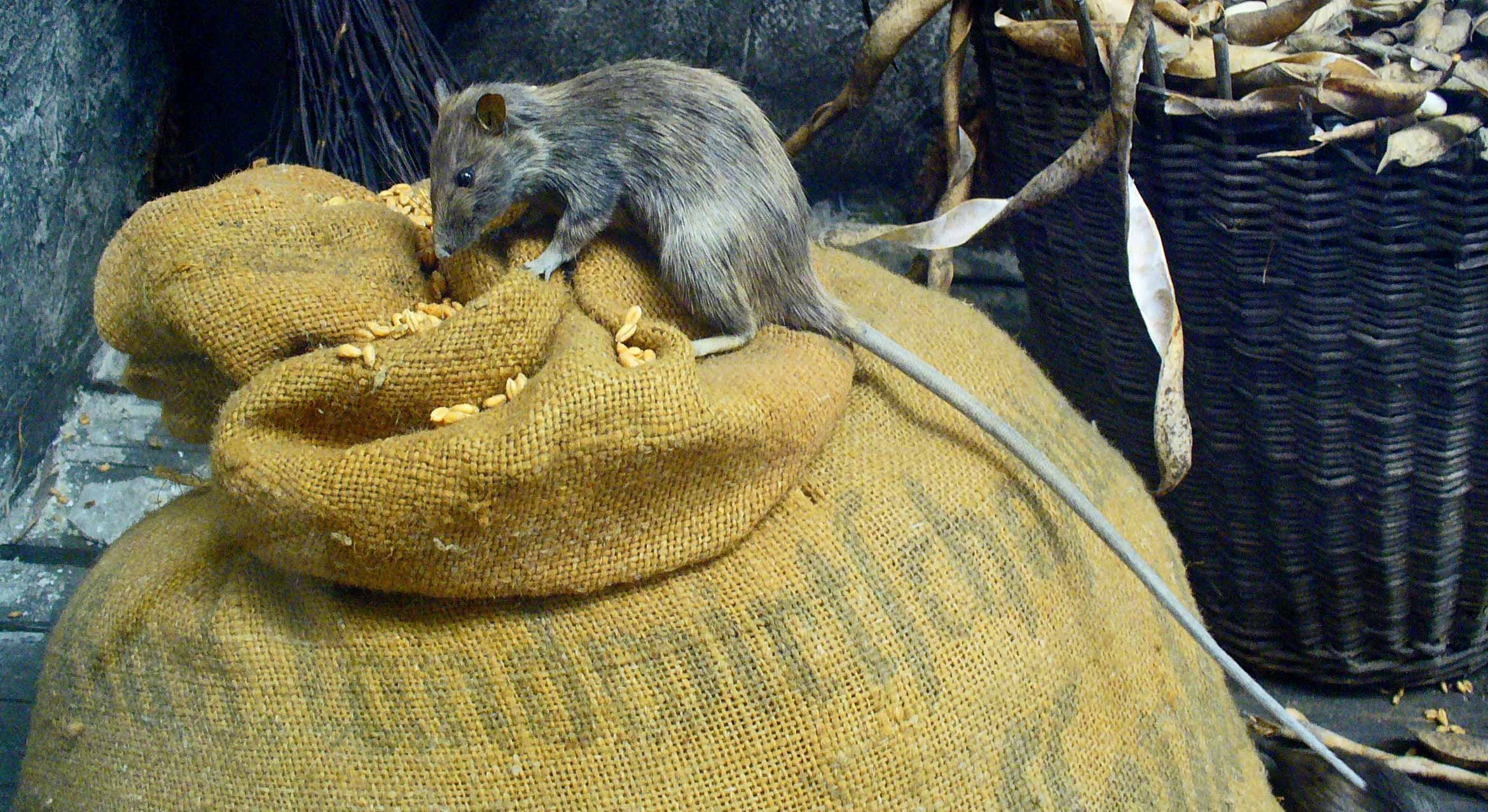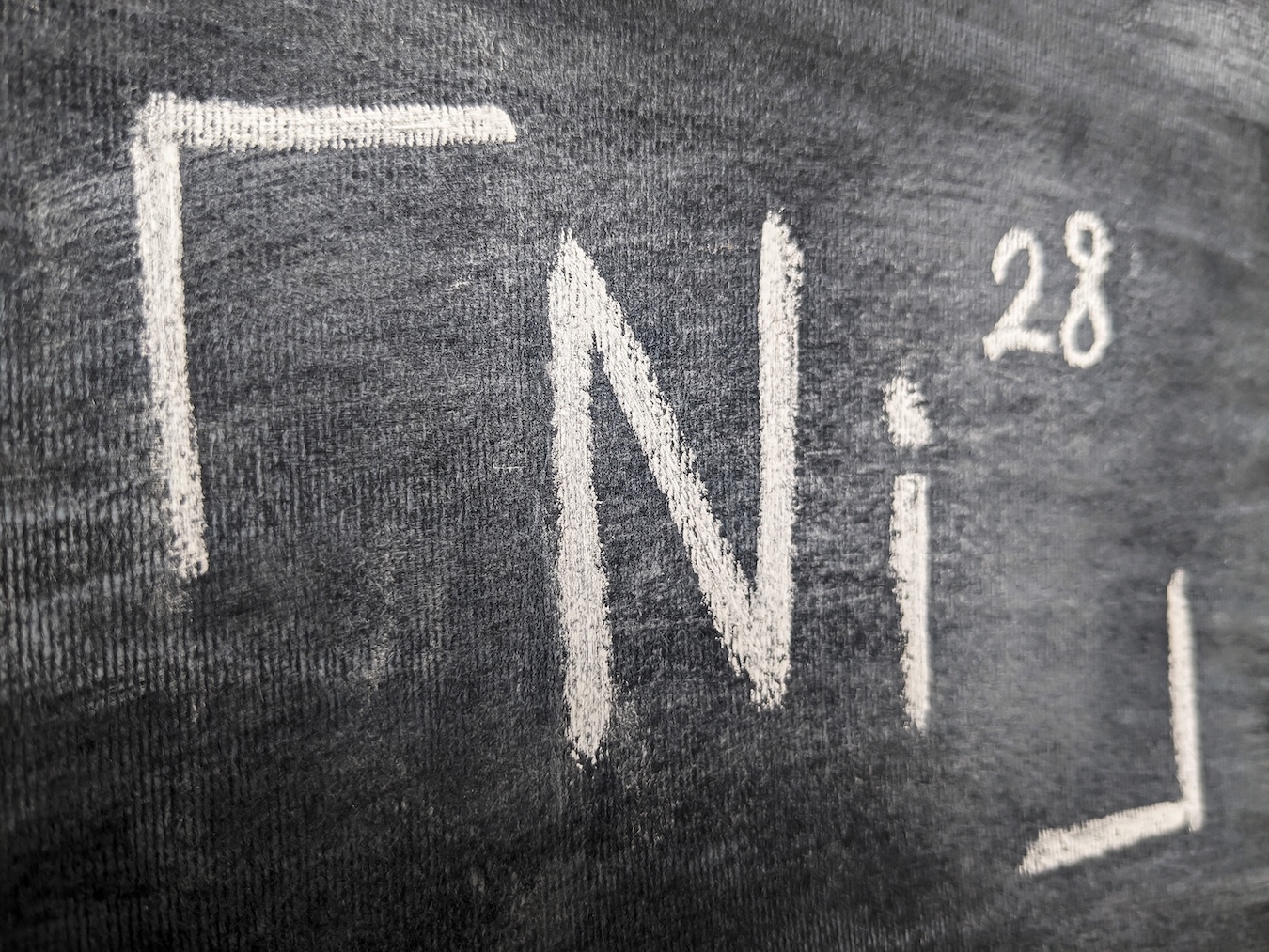
Ironing Out a Puzzle
Alison Butler has never met Canadian chemist and philanthropist Alfred Bader, but they have something important in common.
Harvard-educated Bader is considered by the American Chemical Society (ACS) to be “one of the top 75 distinguished contributors to the chemical enterprise in the last 75 years.” Among his many achievements: the endowment of an ACS prize in bioinorganic or bioorganic chemistry that bears his name.
Now Butler, a professor of chemistry at UC Santa Barbara, is the newest recipient of that award. She will receive $5,000 and a certificate, plus a paid trip to the 2018 ACS National Meeting in New Orleans, where she will give a keynote address about her research. A symposium will be held in her honor.
“I was so surprised and pleased to get the phone call from the president of the American Chemical Society,” said Butler, who is also UCSB’s associate vice chancellor for academic personnel. “It an honor just to be nominated let alone selected. I view the Bader Award as a reflection of the tremendous accomplishments of my students and postdocs. I’m so proud of their achievements, and I feel lucky to have them on my team.”
The Alfred Bader Award in Bioinorganic or Bioorganic Chemistry recognizes significant accomplishments at the interface between biology and organic or inorganic chemistry, particularly applications of chemistry’s fundamental principles and experimental methodology to areas of biological significance. Butler was chosen for her work “elucidating the bioinorganic chemistry of the marine environment.”
Among other research, Butler’s lab focuses on transition metals — in particular, vanadium — and how marine bacteria use the materials in combination with biochemical players like peptides, proteins and enzymes to extract iron from the ocean. Her team works with siderophores, small molecules that bind and transport iron in microorganisms such as bacteria. When Butler’s lab modified a siderophore called cyclic trichrysobactin that they had previously discovered, the result was a compound that rivals the staying power of mussel glue.
“The Department of Chemistry and Biochemistry is very proud of Professor Butler and thrilled that the ACS has recognized her numerous research accomplishments with the Bader Award,” said department chair Steven Buratto. “This award is well-deserved and cements Professor Butler’s status as one of the top bioinorganic chemists in the world.”
A graduate of Reed College, Butler received her Ph.D. from UC San Diego in 1982. She was a National Institutes of Health postdoctoral fellow at UCLA and at the California Institute of Technology before joining the faculty at UCSB in 1986.
Butler, who received an American Cancer Society Junior Faculty Research Award, is a fellow of the American Association for the Advancement of Science and of the American Chemical Society. She has chaired three Gordon Research Conferences — Environmental BioInorganic Chemistry (2006), Metals in Biology (2004) and Marine Natural Products (2002) — which provide an international forum for the presentation and discussion of frontier research in the biological, chemical and physical sciences and their related technologies.



